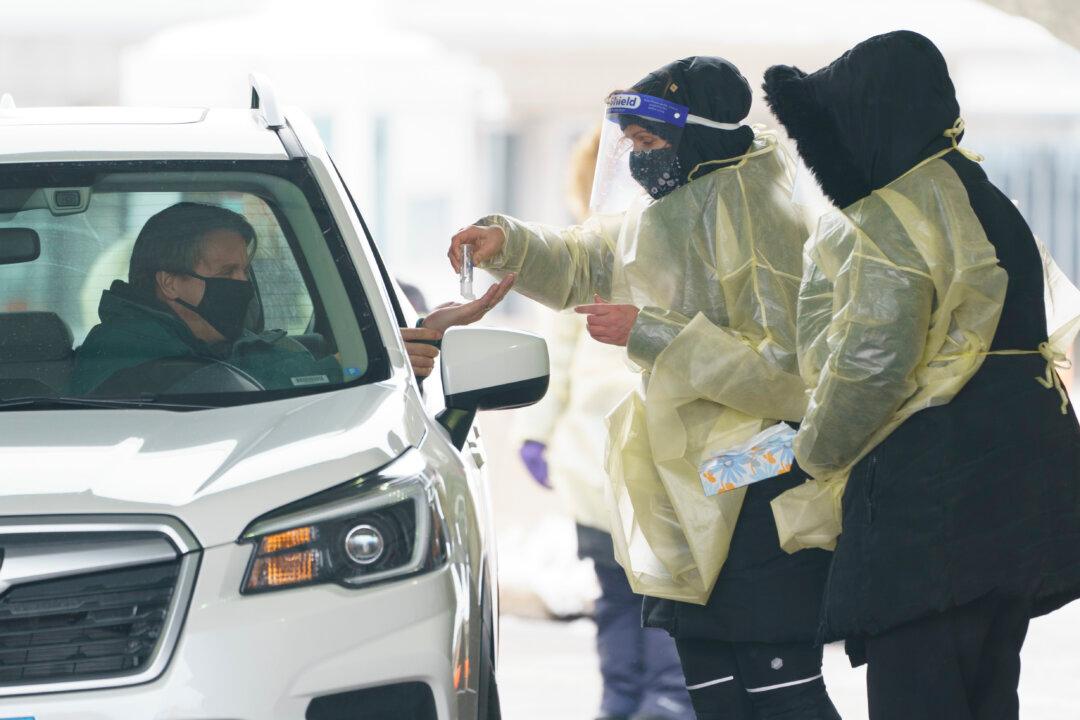Commentary
Knowledge grows faster than our capacity to learn. Our own knowledge shrinks as a sliver of the total available. We risk becoming ignorant, provincial—ideological islands separated from all who disagree.

Knowledge grows faster than our capacity to learn. Our own knowledge shrinks as a sliver of the total available. We risk becoming ignorant, provincial—ideological islands separated from all who disagree.